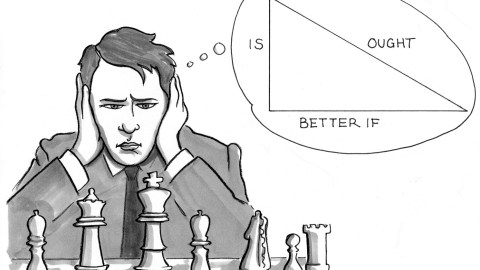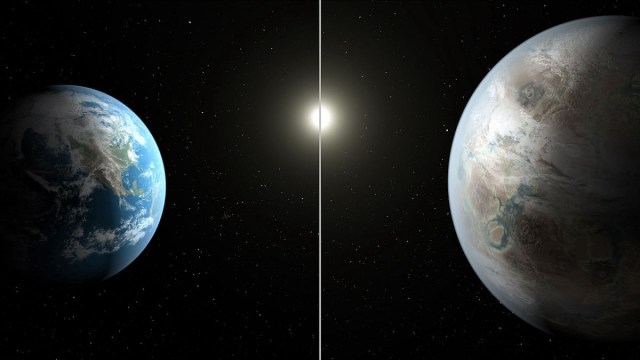Why “Poetic Naturalism” Needs Moral Geometry

1.1 In The Big Picture, Sean Carroll skillfully frames “poetic naturalism.” His physics and philosophy palette covers the “the Origins of Life, Meaning, and the Universe Itself” well, but it needs more “moral geometry,” and a “naturalistic fallacy” update.
1.2 “Naturalism” means an entirely material universe (no separate spiritual/divine realm).
1.3 “Poetic” suggests we have many valid “ways of talking about the” universe.
2.1 Phenomena like phase transitions and emergence require different levels of vocabulary. They complicate behaviors of collectives (which can differ radically from behaviors of their parts).
2.2 “The mother of all phase transitions“? The emergence of life.
2.3. Physics has only equal and opposite reactions—nothing “chooses.” But arrangements of atoms arose with varying reactions—life uses energy to choose (creating two new pattern types).
3.1 For those arrangements of atoms called humans, a vocabulary of morality/ethics applies.
3.2 “Poetic naturalism has little to say about ethics”—Carroll feels ethical systems are “constructed… not discovered.” They don’t apply “equally… to all persons” (objectively, or experimentally).
3.3 For Carroll, “we can’t extract ought from is.” But this needs two corrections.
3.4 An “is” to stop its is-ness ending might entail logical oughts—it ought not to destroy whatever supplies its needs (see “vehicular viability”).
3.5 Plus certain aspects of ethics are as objective and certain as geometry (or engineering or chess).
4.1 Game theory studies behavioral rules = objective “mathematical theory of…morality” (Gregory Chaitin). It can discover objective patterns, just like geometry did about triangles.
4.2 Evolution is itself a game theorist, constantly testing behavioral rules (praxotypes), not only “endless forms most beautiful.”
4.3 Evolution equipped us with ethical-rule processors, akin to our language-rule processors. They’re both critical social coordination capabilities, both culturally configurable.
5.1 Certain rules perform better—take Prisoner’s Dilemma games, wherein “rationalists do worse than the Golden Ruled. And Jewish norms beat Christian ethics” (+see “golden punishment rule”).
5.2 OK “rationalists,” how can foreseeably bad results rightly be called “rational“? Surely a misnomer (+see logical limits of self-maximization).
5.3 Game theory hasn’t had its Euclid. Nor mass teaching. But its results can improve collective performance (just as geometry improves engineering).
6.1 Our evolution involved survival games much simpler than Prisoners Dilemmas. Only fools work with bad cooperators (+we selectively bred ourselves for cooperation).
6.2 Any big picture of humanity should include that some moral issues have objective constraints.
—
Illustration by Julia Suits, The New Yorker Cartoonist & author of The Extraordinary Catalog of Peculiar Inventions.





